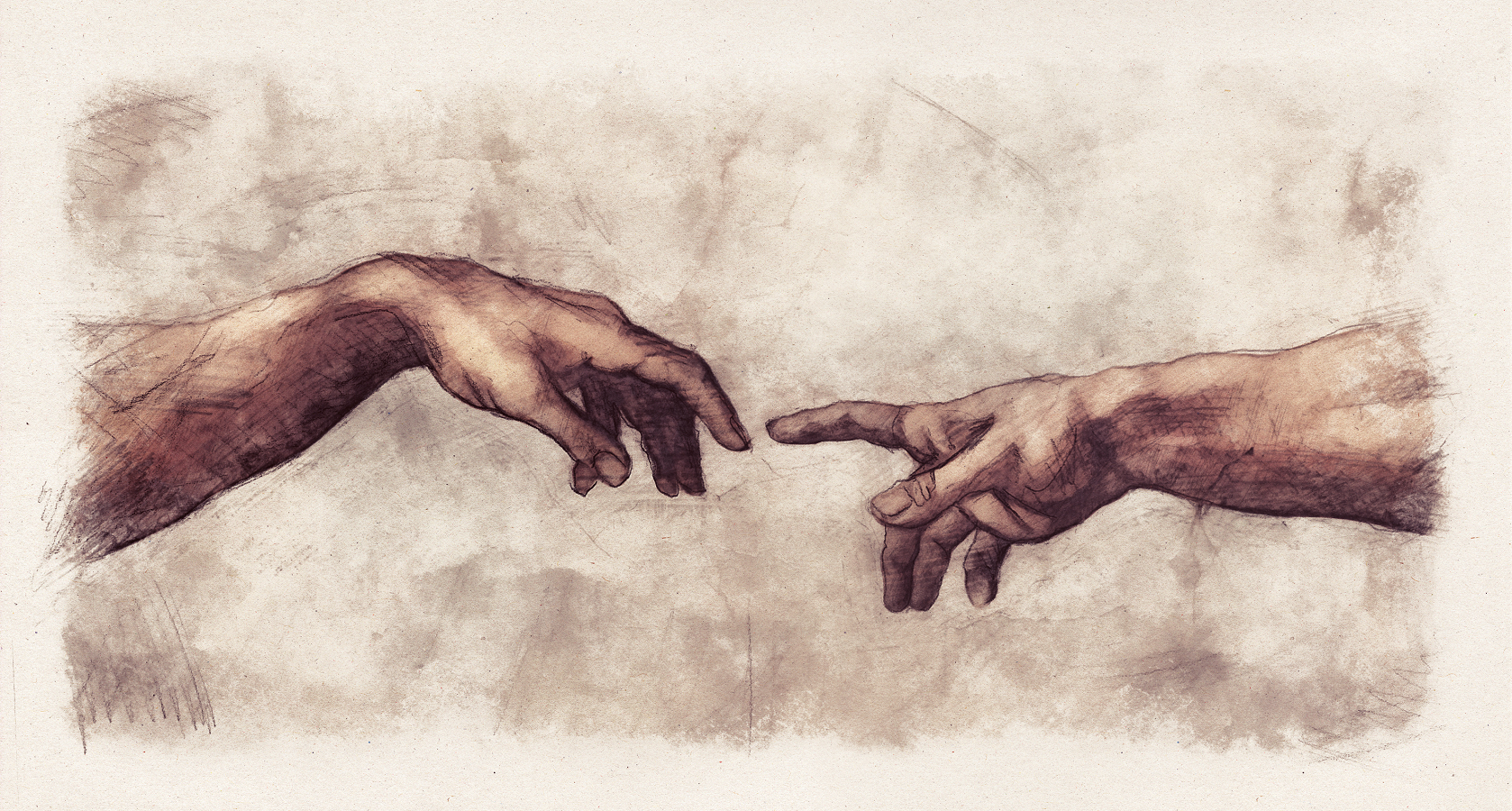The End of Religious Morality?
November 16, 2023

As recently as 2008, most Americans agreed with the statement “It is necessary to believe in God in order to be moral and have good values.” A lot has changed over the last fifteen years. When we asked this same question in a recent poll, nearly two-thirds (64 percent) of the public rejected the once-popular idea. Only about one in three (34 percent) Americans still believe that morality and good values require belief in God.
The growing rejection of theistic morality is certainly related to the rising number of religiously unaffiliated Americans. The percentage of Americans who identify as religiously unaffiliated increased dramatically from 16 percent in 2008 to 27 percent today. These Americans are far less likely to say that belief in God is necessary to be moral than those who belong to a religious tradition. Only seven percent of religiously unaffiliated Americans agree with this statement. But even among this group, attitudes are changing. In 2012, 22 percent of the religiously unaffiliated embraced the notion that morality is contingent upon belief in God or a higher power.
America’s growing religious diversity may play a role in this shift as well. Fewer Americans embrace religious exclusivity—the idea that there is only one true religion—in favor of broader acceptance of religious differences and belief in religious pluralism. Americans today are far more likely to have a close friend or relative who identifies as atheist. These social relationships profoundly affect personal attitudes towards non-believers. In American Grace, Robert Putnam and David Campbell dubbed this the “Aunt Susan” effect. They write:
We all have an Aunt Susan in our lives, the sort of person who epitomizes what it means to be a saint, but whose religious background is different from our own. Maybe you are Jewish and she is a Methodist. Or perhaps you are Catholic and Aunt Susan is not religious at all. But whatever her religious background (or lack thereof), you know that Aunt Susan is destined for heaven. And if she is going to heaven, what does that say about other people who share her religion or lack of religion? Maybe they can go to heaven too.
The authors argue that social connections with individuals belonging to different religious groups, including atheists, lead to greater acceptance and more positive assessments of these groups.
Religious Americans who have a close personal connection with someone who is not religious are much more inclined to reject the notion that people need to believe in God to behave morally. In a 2020 survey, religious Americans who had at least one close contact who was not religious were far less likely to agree that believing in God is critical to personal morality than those with none (33 percent vs. 54 percent).
A Political Double-Standard for Christian Morality
It’s impossible to ignore the role that politics has played in all of this. Gaps in the trend make it difficult to pin down exactly when public attitudes shifted on the question of belief in God and morality. However, the 11-point jump between 2013 and 2019 coincides with the election of Donald Trump. Although some evangelical leaders expressed initial hesitance to embrace Trump’s candidacy, most quickly changed their views.
Evangelical Christian voters expressed even less concern about Trump’s personal background and behavior. Some years back, when I was at PRRI, we found a remarkable transformation in white evangelical attitudes on public morality. In 2011, only 30 percent of white evangelical Christians agreed that “an elected official who commits an immoral act in their personal life can still behave ethically and fulfill their duties.” By 2016, as Trump claimed the Republican nomination, 72 percent of white evangelicals embraced this idea.
Trump’s questionable business dealings, marital infidelity, sexual misconduct, crude and offensive comments, and lack of humility and decency should have given conservative Christians pause, but, despite initial hesitations, most got on board. In a 2018 interview with Politico, Tony Perkins, president of the Family Research Council, talked about it this way: “We kind of gave him—‘All right, you get a mulligan. You get a do-over here.’”
But it was less about giving Trump a do-over than giving him a pass. Evangelical Christians refused to hold Trump accountable for behavior that they deemed unacceptable for others. Pat Robertson, who once excoriated President Clinton for his “debauched, debased and defamed” behavior, excused Trump’s boasting about committing sexual assault as simply “macho talk.” Concerns about character became conditional during the Trump years, and less relevant as a result. A Christian morality selectively applied is easily dismissed and invites accusations of hypocrisy.
Whether you believe this trend is a positive or negative development, research shows that religious beliefs have a fairly tenuous connection to ethical behavior. A study in Science found that religious and nonreligious people “committed both moral and immoral deeds with comparable frequency.” Simply believing in something does not necessarily make someone righteous, selfless, or altruistic. Rather, studies have shown that being connected to a religious community tends to encourage pro-social behavior, such as engaging in volunteering activities and acts of charity.
A growing number of scholars have shown that conservative Christian political activity has contributed to the overall decline of religion in the United States. In much the same way, evangelical Christians, who are most likely to affirm the connection between God and personal morality, are at least partly responsible for the public’s rejection of it.








